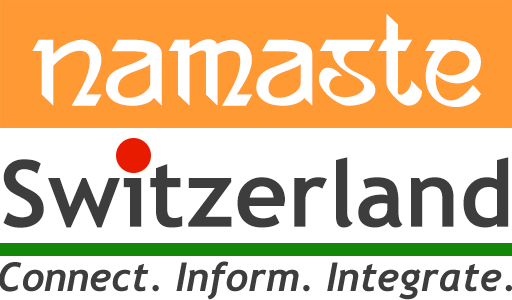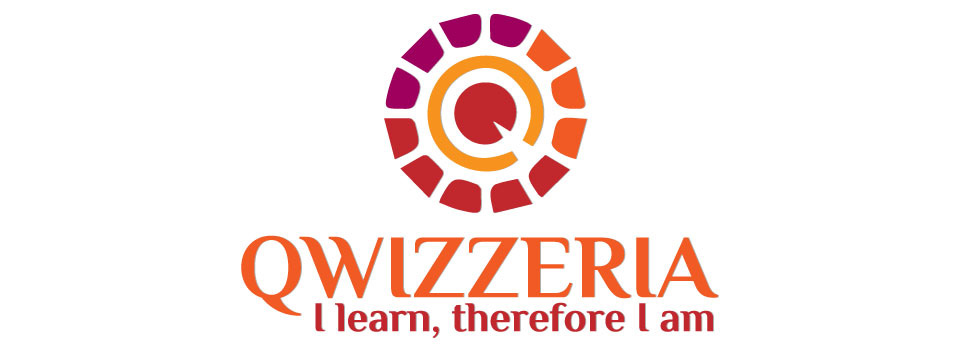In part I of this series, Isabelle Thouvenin elaborated upon hiring house help and the rules that need to be followed. This part of the series takes you deeper into the sections of social securities and other legalities.
There are many who ask if there really is an ‘employment relationship’ between the employer and the domestic help or nanny that is subject to any social security insurance.
A simple straightforward answer is ‘Yes’. The employment relationship is subject to an abundance of social security requirements. In the following article, I will outline the general framework applicable in this context. As infringements of these provisions are subject to fines, I recommend paying special care and potentially also discuss with a specialist.
Social security insurances (AHV/IV/EO, ALV, FAK)
Employees working in Swiss private households are subject to compulsory social security contributions from January 1, after their 17th birthday. These are in particular the following: Old-age and survivors’ insurance (Alters- und Hinterlassenenversicherung, “AHV”), invalidity insurance (Invalidenversicherung, “IV”), income compensation act (Erwerbsersatzordnung, “EO”), unemployment insurance (Arbeitslosenversicherung, “ALV”) and the family compensation fund (Familienausgleichskasse, “FAK”). This includes payment in kind at predefined rates.
Young domestic helpers are exempt from contributions until 31 December after their 25th birthday, provided their salary does not exceed CHF 750 per calendar year and the domestic helper does not request payment of the contributions. Further exceptions are made for pensioners (for women from the age of 64 and for men from the age of 65).
The employment relationship always needs to be reported to the authority (the ‘Ausgleichskasse’) at the place of the household. Failure to report the employment relationship or the yearly earnings may render the employer liable to prosecution.
Accident insurance
Compulsory occupational accident insurance is required. The employer must pay the premium. The employer is free to choose the accident insurer. Most accident insurers charge a premium of approx. CHF 100 per year for annual incomes of up to CHF 10,000.
If the employee works an average of 8 hours or more per week, the employer must also insure them for non-occupational accidents (so-called ‘NBU’). The NBU premium must generally be borne by the employee. The employer owes the total premium amount, whereby the employee’s share is deducted from the employee’s salary. However, the employer is free to pay the NBU premium as well. Anyone who does not register for this accident insurance is liable to prosecution and damages.
Occupational pension scheme (Berufliche Vorsorge, ‘BVG’)
For wages exceeding CHF 21,510 gross per year (or CHF 1,792.50 per month for fixed-term contracts of at least three months), contributions to the occupational pension scheme are mandatory. If so, employers must join a registered pension fund.
The obligation to register and pay contributions applies to employees who reach the age of 18 (from January 1 of that year on). There is no obligation to register employees who reached the regular statutory retirement age. Contributions are invoiced directly to the employer by the pension fund. The premiums vary depending on the pension fund and the employer must pay at least half of the premium.
Withholding tax
Generally, in Switzerland income and wealth are subject to taxes. In contrast to many other countries, taxes are not deducted from the salary, but must be paid by the employee at the end of each fiscal year. The amount is determined according to the tax return that must be filed by the employee on a yearly basis and varies depending on the place of residence.
As an exemption to this rule, withholding tax is levied on foreign employees resident in Switzerland who neither hold a C permit nor are married to a Swiss national or someone who holds a C permit, as well as on employees resident abroad who work in Switzerland as cross-border commuters or weekly residents.
When hiring a domestic helper who is subject to withholding tax, the employer must report the person to the withholding tax office within 8 days since taking up employment and find the applicable withholding tax rate. The withholding tax must be deducted by the employer from the gross income and settled periodically with the cantonal tax office. The employer is liable for payment of the withholding tax.
What happens if the domestic helper or nanny gets sick?
According to the mandatory provision of Art. 324a para. 1 CO, the employer must continue to pay the salary for a certain period if the employee is prevented from performing the work through no fault of his or her own (including illness or accident) if the employment relationship has lasted more than three months or has been entered into for more than three months. The salary must be paid for at least three weeks during the first year of service and for a reasonably longer period thereafter, depending on the duration of the employment relationship (Art. 324a para. 2 CO).
Swiss courts have developed scales defining the duration of continued salary payments according to the years of service. According to the scale applicable in Zurich, in the second year of service payment must be made for eight weeks, in the third year of service for nine weeks, in the fourth year of service for ten weeks, and so on. Art. 324a para. 1 and 2 CO can be replaced by equivalent insurance by written agreement or by a respective provision of a cantonal standard employment contract (Normalarbeitsvertrag or NAV). Most of the cantonal NAV’s also provide for scales for the duration of continued salary payments and furthermore require the conclusion of a daily sickness benefit insurance, which shall apply after a certain waiting period.
Parties subject to such a cantonal NAV may exclude the obligation to take out daily sickness benefits insurance in writing. In this case, only the scales of the relevant NAV for continued salary payment would apply. If the parties want the shorter scales developed by court practice to apply, the longer scale according to the NAV or the NAV in its entirety needs to be excluded in writing.
Can I hire help on an hourly basis?
Yes, the domestic helper can be hired on an hourly basis. In this case, the salary is based on the actual working time and varies depending on the hours actually worked. However, to avoid double payments, the following needs to be considered: Generally, the employee is entitled to holidays, even if employed on an hourly basis. During holidays the domestic helper must be paid as if he or she had worked. As an exception to this principle, the parties may agree that in case of employment on an hourly basis, the holiday pay shall be compensated continuously with each wage payment by payment of a corresponding holiday supplement. However, this is only permissible in case of either a very short assignment or a very irregular workload. Furthermore, the contract (as well as each monthly payroll) explicitly needs to distinguish between salary and holiday pay in writing.
As Swiss courts are very strict when it comes to determining whether there actually is a very irregular workload, it is advisable to either withhold the holiday pay until the employee actually takes a vacation or to agree on a monthly salary instead.
Closing remarks
Swiss employment law is regulated in quite some detail and rather complicated. You can always find help on the official websites of the authorities (e.g. Seco, SVA, and tax authorities). However, if you want to be on the safe side or if special circumstances apply, getting advice from a professional is strongly recommended.
The information and comments herein do not constitute legal advice. Before taking action or relying on the comments and information given, professional advice on the relevant matters should be obtained.
Up Next:
News in ‘Employment law’: paternity leave, family care leave, and the possibility of continued BVG-insurance for employees aged 58 and over in case of dismissal.
About the Author
 Isabelle Thouvenin grew up in the canton of Zurich. After studying Law in Zurich, she worked at the district court of Zurich at the departments for Divorce- and Inheritance Law and Employment Law. Since her admission to the bar in 2007, she worked for different law firms focusing on Employment Law, Inheritance Law, Real Estate Law and Family Law providing legal advice and acting as Counsel before courts for Swiss and international commercial and private clients. During her three-year stay abroad, she completed an LL.M. in Arbitration and Dispute Resolution at the University of Hong Kong and gained language skills in Mandarin (HSK II). In 2019 she joined WINZELER STEFFEN Attorneys at Law as a partner. Isabelle is married and mother to two children and enjoys spinning, hiking and reading in her free time.
Isabelle Thouvenin grew up in the canton of Zurich. After studying Law in Zurich, she worked at the district court of Zurich at the departments for Divorce- and Inheritance Law and Employment Law. Since her admission to the bar in 2007, she worked for different law firms focusing on Employment Law, Inheritance Law, Real Estate Law and Family Law providing legal advice and acting as Counsel before courts for Swiss and international commercial and private clients. During her three-year stay abroad, she completed an LL.M. in Arbitration and Dispute Resolution at the University of Hong Kong and gained language skills in Mandarin (HSK II). In 2019 she joined WINZELER STEFFEN Attorneys at Law as a partner. Isabelle is married and mother to two children and enjoys spinning, hiking and reading in her free time.
Disclaimer: Opinions expressed belong solely to the content provider. Namaste Switzerland does not undertake any financial/reputational/legal/misrepresentational impact or other obligations/ liabilities that may arise from the content.













